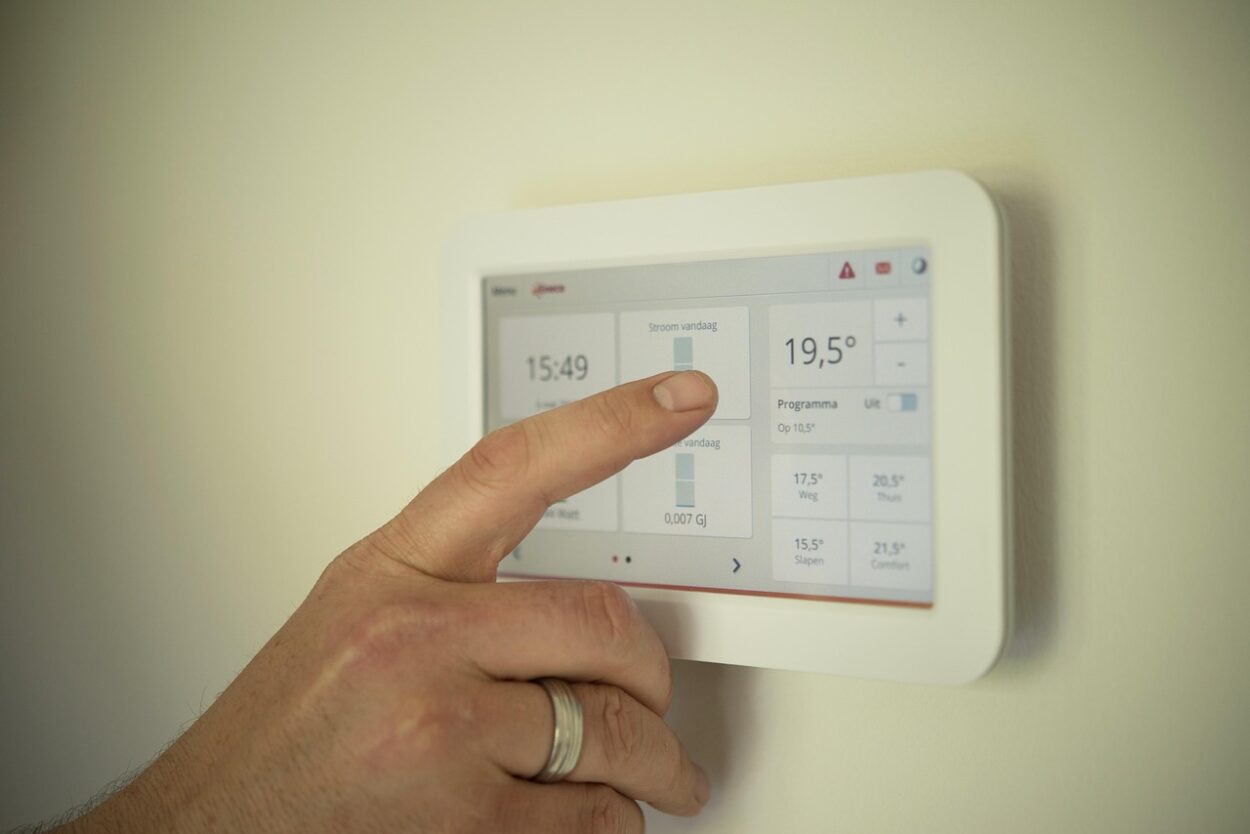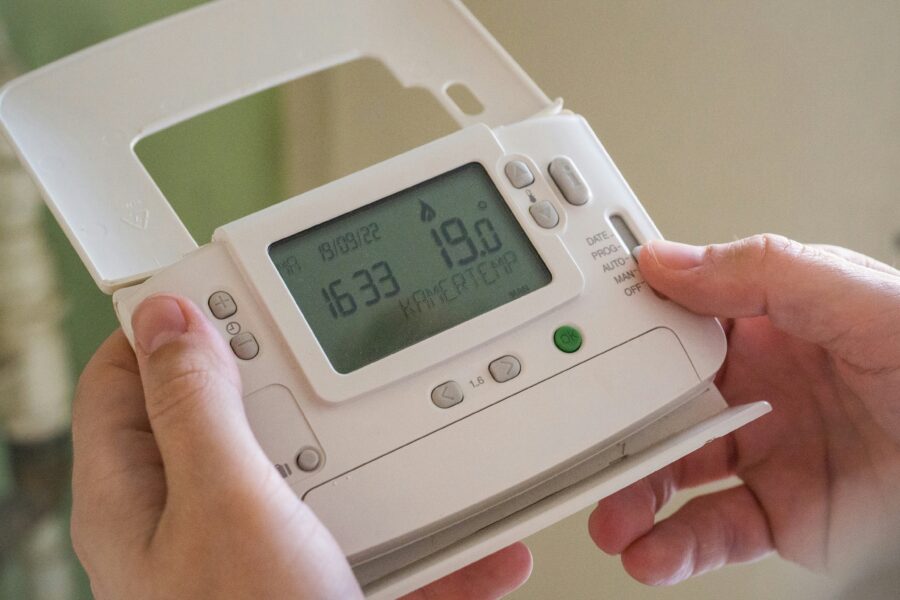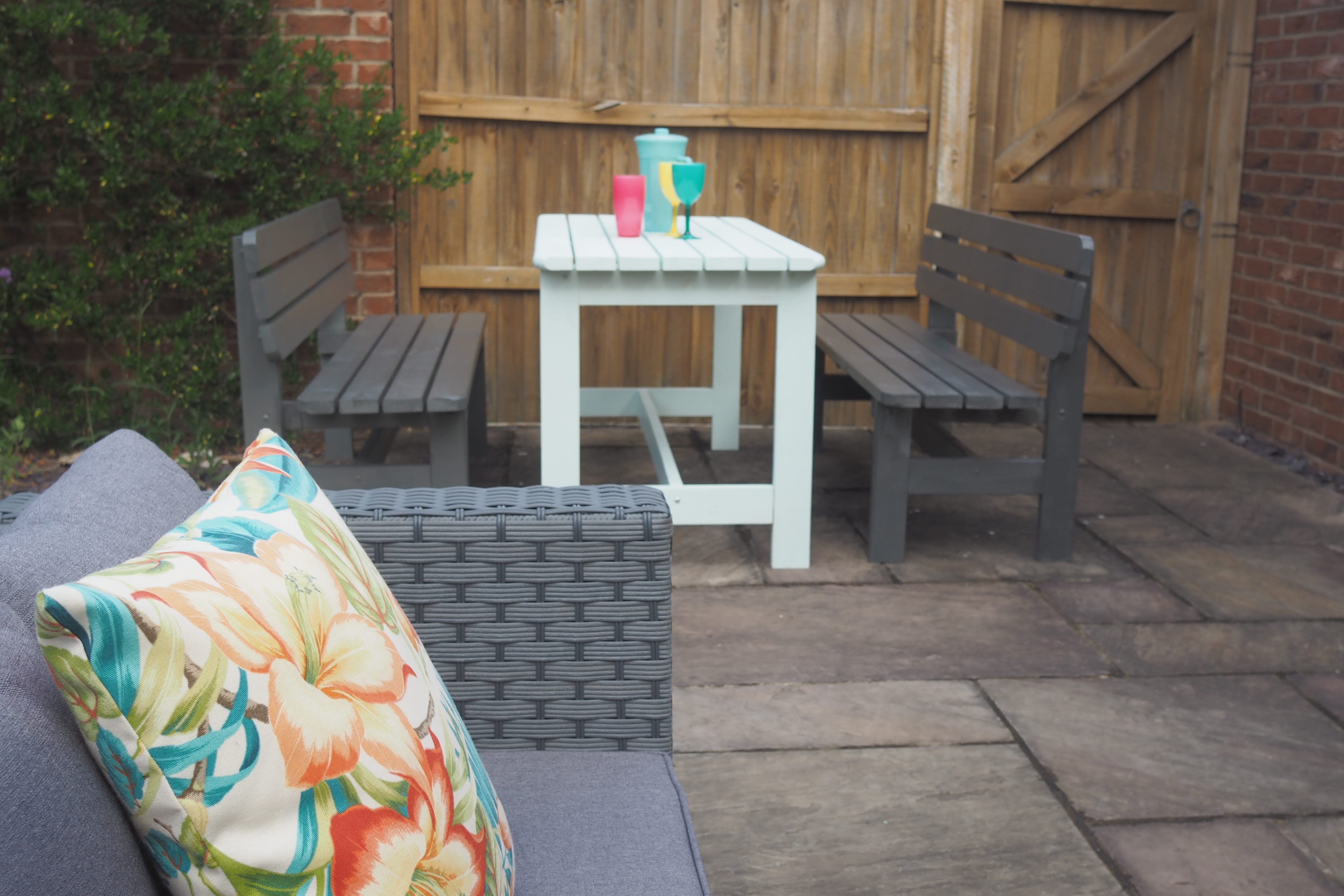A Heating Revolution Beneath Our Feet
Across the UK, homeowners are waking up to a new reality: gas boilers are on their way out. With rising energy bills, pressure to cut carbon emissions, and government targets pushing for cleaner alternatives, traditional heating systems are facing growing scrutiny.
As this shift accelerates, one technology is quietly gaining ground literally. Ground source heating is becoming a leading contender in the race to replace fossil-fuel boilers. It’s clean, efficient, and surprisingly simple: your garden or plot of land could hold the key to a warmer, greener home.
Why We’re Moving Away from Gas Heating
For decades, gas boilers have been the standard in British homes. But their dominance comes at a cost. Burning natural gas contributes significantly to greenhouse gas emissions, and the UK government has made clear its intention to phase out gas boilers in new homes by 2025, with retrofitting targets not far behind.
This policy shift isn’t just about regulations. It’s also about long-term savings, energy independence, and future-proofing homes. With volatile energy markets and climate emergencies becoming more frequent, relying on gas is no longer the safe bet it once was.
What Makes Ground Source Heating Different?
Rather than burning fuel, a ground source heat pump extracts natural warmth beneath the earth’s surface. Even during winter, the ground just a few metres below stays at a steady temperature. By installing a network of buried pipes, this heat can be captured and used to warm your home and hot water.
Unlike gas boilers, ground source heat pumps don’t emit harmful gases during operation. Instead, they rely on electricity, ideally from renewable sources, to move heat from the ground to your living space.
The Home as an Ecosystem
Think of your home not as a place that requires heating from afar, but as a self-sustaining system. Ground source heating supports this idea by tapping into the natural energy around your home. Once installed, the system quietly does its job with minimal maintenance, operating like a modern boiler, only smarter and cleaner.
This isn’t just a heating solution, it’s a shift in mindset. Rather than feeding energy into your home through combustion, you’re now extracting it gently from your environment.
Ground Source vs. Traditional Boilers
So, how does ground source heating stack up against gas boilers in real-life scenarios? Let’s compare:
| Feature | Gas Boiler | Ground Source Heating |
| Energy Source | Natural gas (fossil fuel) | Heat from the ground (renewable) |
| Emissions | High | Low to zero |
| Efficiency | ~90% | 300–400% (heat output vs input) |
| Running Costs | Rising due to gas prices | Lower with electricity and green tariffs |
| Lifespan | 10–15 years | 20–25 years |
| Maintenance | Annual service required | Minimal, occasional check-ups |
| Government Incentives | Limited | Available for low-carbon heating |
The numbers speak volumes. Ground source heating is more efficient, reduces dependency on volatile gas prices, and future-proofs homes against policy changes.
Installing Ground Source Heating: What to Expect
Many homeowners wonder if this kind of system is feasible for them. While it does require outdoor space, there are flexible installation options:
- Horizontal loops: Ideal for properties with large gardens or open land. Pipes are laid in shallow trenches.
- Vertical boreholes are suitable for smaller plots or built-up areas. Pipes are inserted deep into the ground using drilling equipment.
Inside the home, a unit about the size of a tall fridge replaces the gas boiler and connects to your hot water system and radiators or underfloor heating.
Though the upfront cost can be high, long-term savings and potential grants make it a solid investment for energy-conscious homeowners.
The Role of Heat Pumps in a Greener Grid
As the UK grid becomes cleaner through the use of wind, solar, and nuclear energy, ground-source heating becomes even more eco-friendly. Since the heat pump only needs electricity to operate, pairing it with green energy providers, or even home solar panels, means your heating can be close to carbon-neutral.
This aligns perfectly with national targets and homeowner goals alike: using low-carbon technologies not just for savings, but for environmental impact.
A Real-World Example
Many forward-thinking housing developments have already embraced this approach. From rural cottages to modern eco-homes, the switch is happening. For instance, ground source heat pumps from Viessmann are increasingly used in both residential and commercial settings, offering efficient, low-emission solutions that can be tailored to different property sizes and needs.
Is It Time to Say Goodbye to Your Gas Boiler?
The answer may depend on your situation. But if you’re planning a renovation, building a new home, or simply exploring ways to reduce your carbon footprint, ground source heating is worth serious consideration. It not only meets today’s energy challenges, but it also prepares you for tomorrow’s.
Key Benefits of Ground Source Heating
- Lower carbon emissions compared to traditional gas boilers.
- Highly efficient with long-term energy savings.
- Supports UK sustainability goals and home energy ratings.
- Quiet and low-maintenance
- Compatible with green electricity for near-zero emissions.
- Increases property appeal as eco-friendly living becomes the norm.
Final Thought
Gas boilers may have served us well, but belong to a different energy era. As the UK charts its course toward a cleaner, greener future, ground source heating stands out as one of the most logical and impactful changes we can make in our homes.
It’s not just about switching heating systems, it’s about rethinking energy at its roots. So, as gas phases out and the earth stays reliably warm beneath our feet, it’s time to ask: Is your next boiler already under your garden?








Leave a Comment